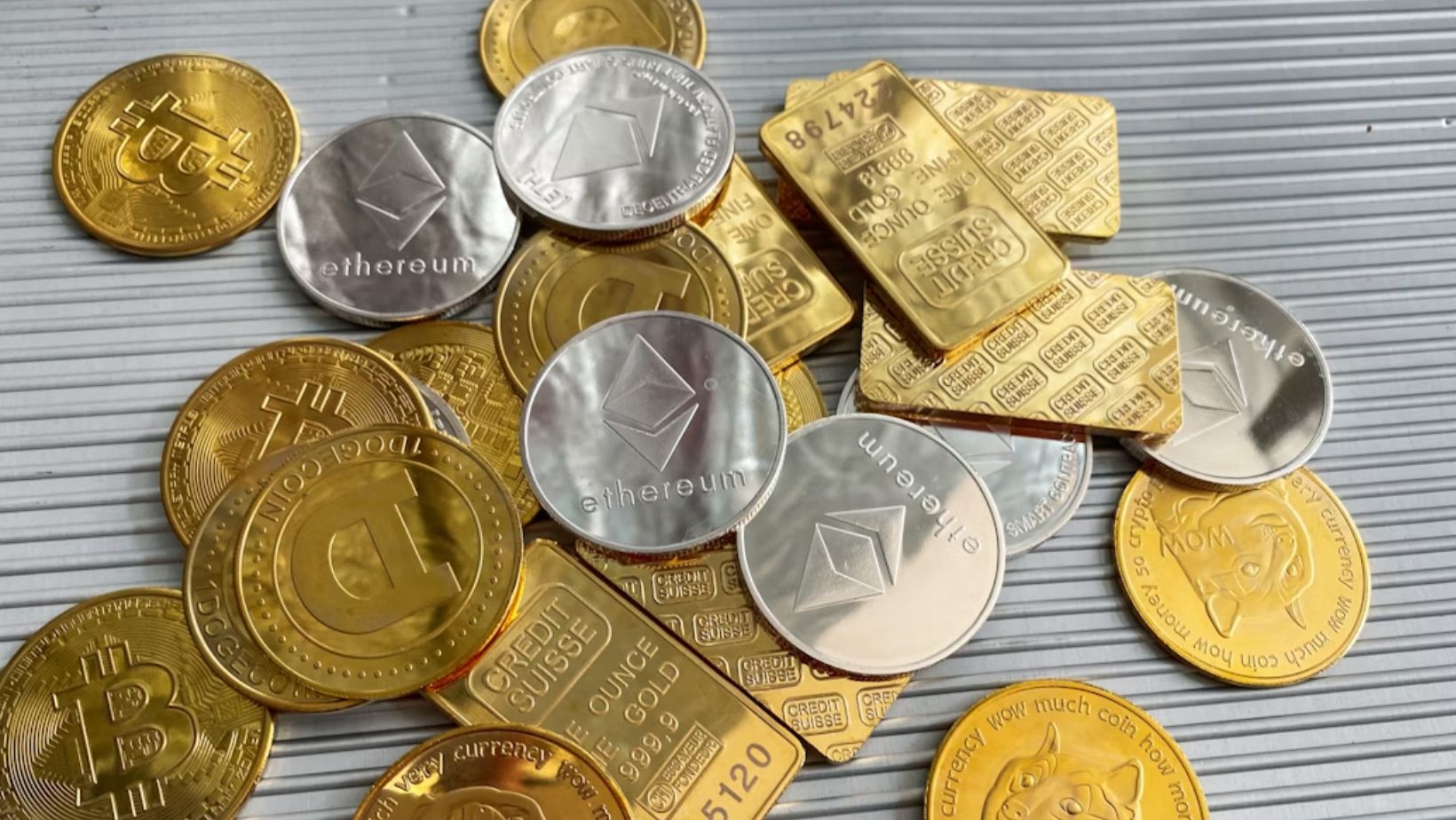Morocco just threw open the doors to a market worth millions. After eight years of cryptocurrency bans, the country announced its draft law to legalise and regulate digital assets in 2025. This shift creates massive opportunities for startups ready to enter a previously untapped market of 37 million people.
The change will build an entire ecosystem from scratch. Marketing firms now have the chance to help shape how Moroccan consumers first encounter crypto brands, establish trust in a sceptical market, and position startups for long-term success in North Africa’s emerging fintech hub.
Understanding Morocco’s Regulatory Transformation
Morocco’s central bank governor announced the completion of a draft law at the African Central Bank meeting in the capital, Rabat, marking a complete reversal from the 2017 ban. The new framework focuses on consumer protection, market integrity, and anti-money laundering compliance, creating clear guidelines for businesses to operate within.
This regulatory clarity gives marketing agencies the foundation they need to craft compliant campaigns that build genuine trust. Companies can now make direct claims about security, regulation, and legitimacy without fear of legal complications. The shift from prohibition to permission creates a unique marketing environment where early entrants can establish themselves as category leaders.
Specialised crypto marketing agencies understand how regulatory changes create new opportunities for brand building in emerging markets. Attracting investors and building trust with customised marketing strategies is the most important thing when building a new crypto project. (Source: https://nuco.io/)
Morocco’s crypto market is projected to reach $278.7 million by the end of 2025, with annual growth rates near 5%. These numbers represent real marketing budgets, real customer acquisition opportunities, and real revenue potential for agencies willing to understand the local market dynamics.
Building Trust in a Post-Ban Landscape
For almost a decade, Moroccan consumers have heard everything about crypto. From being illegal, risky, to being banned, which means the marketing agencies have the difficult task of rebuilding that narrative from scratch. Their marketing must focus on education, as opposed to FOMO, transparency, as opposed to promises, and trust building, as opposed to conversion.
For effective crypto marketing in Morocco, it is going to mean understanding the local culture mixed with expertise in global crypto. Marketing agencies should emphasise Arabic content, partnerships with well-respected local figures, and campaigns that address some issues regarding financial security.
The regulatory approval itself can become a marketing tool as well. Campaigns that emphasise things like legal approval, governmental support, and consumer protection could set you apart. This kind of strategy should be well-received in the Moroccan market because it hasn’t had a crypto regulatory market, and there is a deterrent for interested but hesitant customers.
Localisation Strategies for Moroccan Startups
Morocco’s crypto market isn’t just about translating English content into Arabic and French. Effective localisation requires understanding payment preferences, banking relationships, and cultural attitudes toward new financial products. Most Moroccans still prefer cash transactions and maintain strong relationships with traditional banks.
Marketing campaigns should be built with these things in mind, and then take a baby step to develop excitement for digital assets. The successful marketing agency will position the narrative whereby potential consumers think that their digital assets do not replace traditional finance, but rather, they are now one more tool to manage their existing finance.
Marketing in Moroccan business culture is about establishing regional partnerships. Marketing firms should encourage startups to seek out partnerships with local central banks, business associations, and community leaders. The relationships provide credibility that the startup is unlikely to achieve through digital advertising.
Digital Infrastructure and Market Entry
Morocco’s internet penetration sits around 80%, with mobile usage driving most online activity. This creates specific requirements for crypto marketing campaigns, meaning mobile-first design, data-light content, and integration with popular local platforms like WhatsApp and Facebook.
Payment integration presents both challenges and opportunities. Traditional payment methods remain dominant, but the new regulatory framework allows for innovative solutions that bridge crypto and conventional banking. Marketing campaigns should highlight these bridges rather than treating crypto as completely separate from existing financial systems.
Social media strategy needs careful calibration in Morocco. While Facebook and Instagram maintain strong user bases, younger demographics increasingly use TikTok and Snapchat. Crypto marketing that reaches different age groups requires platform-specific approaches and culturally relevant content creation.
Regulatory Compliance as Marketing Advantage
Morocco has proposed a tax structure for different crypto activities, with implementation expected by 2025. This clarity allows marketing campaigns to address tax implications directly, removing uncertainty that often prevents adoption in unregulated markets.
Compliance documentation becomes marketing material in regulated environments. Help Moroccan startups turn their legal frameworks, audit reports, and regulatory approvals into trust signals that distinguish them from less compliant competitors.
Marketing agencies should develop expertise in Morocco’s specific regulatory requirements to guide campaign development. Understanding which claims are permissible, what disclaimers are required, and how to present risk information helps create campaigns that build trust while staying compliant.
Conclusion
Morocco’s shift from crypto prohibition to regulation presents a unique opportunity for agencies and startups. Success depends on understanding local culture, adapting to new regulations, and building trust in a sceptical market. Agencies that navigate these challenges early will play a key role in shaping Morocco’s crypto ecosystem.
Sustainable marketing focused on education, compliance, and community will create lasting value as Morocco grows into a fintech leader. For firms willing to invest in this market, the opportunities are as significant as the regulatory changes themselves.





